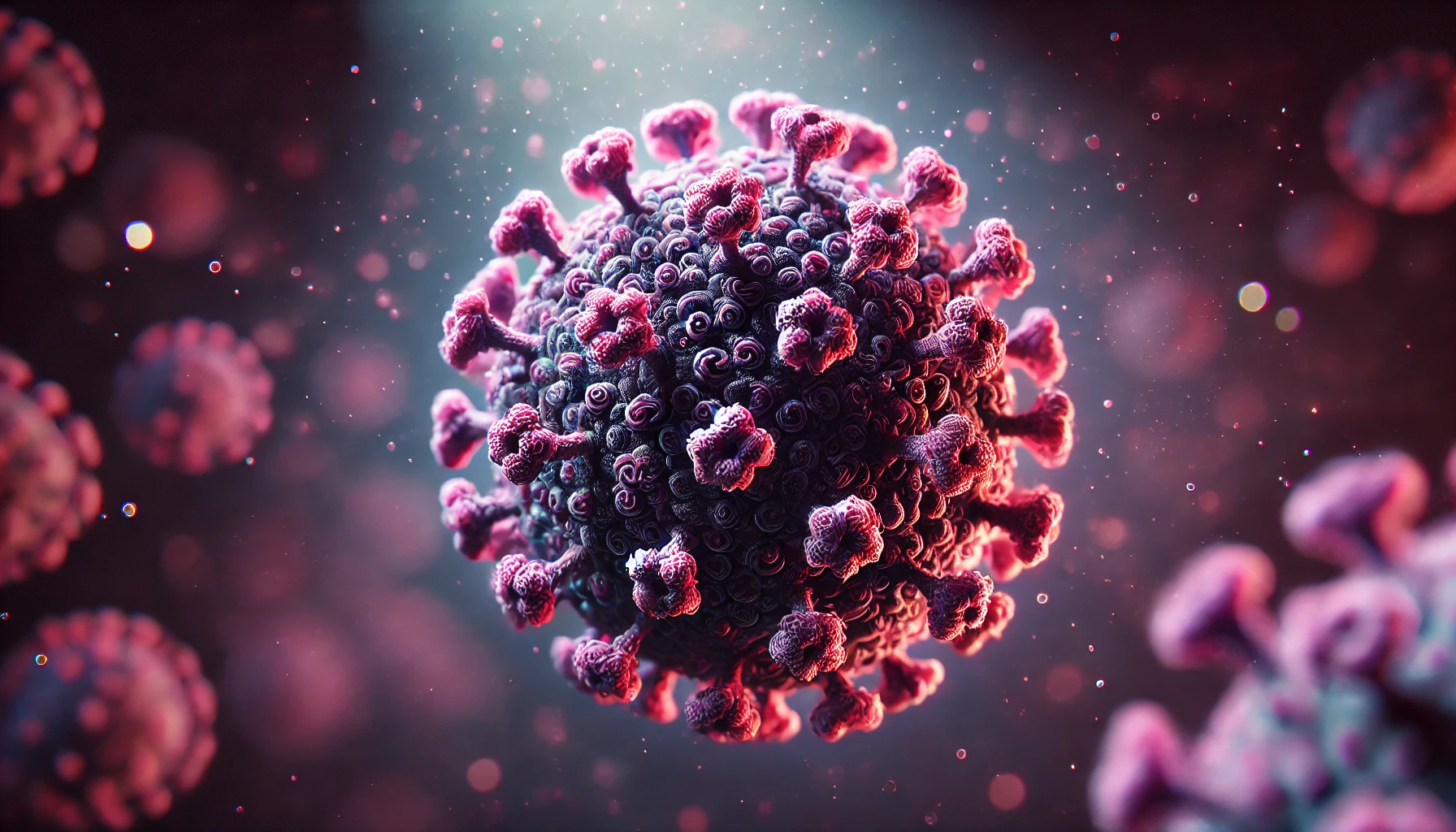A significant surge in norovirus cases is being reported across the United States, prompting health officials to issue warnings and advice on prevention and treatment. Norovirus, often mistakenly called the “stomach flu,” is a highly contagious virus that causes acute gastroenteritis. Understanding its symptoms and taking preventative measures are critical in mitigating the current outbreak.
Norovirus symptoms typically appear 12 to 48 hours after exposure and include nausea, vomiting, diarrhea, and stomach cramps. Other symptoms can include low-grade fever, headache, and body aches. While unpleasant, the illness usually lasts only one to three days, and most people recover fully without long-term complications. However, severe cases can lead to dehydration, particularly in young children, older adults, and those with weakened immune systems, so it’s important to monitor symptoms and seek medical care if necessary.
The primary mode of norovirus transmission is through contaminated food and water, person-to-person contact, and touching contaminated surfaces and then your mouth. Preventing the spread of norovirus requires diligent hygiene practices:
-
Frequent Handwashing: Wash your hands thoroughly with soap and water for at least 20 seconds, especially after using the restroom, before preparing food, and before eating.
-
Avoid Touching Your Face: Do not touch your mouth, nose, or eyes unless your hands are freshly washed.
-
Proper Food Handling: Thoroughly cook all foods, and wash fresh produce carefully.
-
Stay Home When Sick: If you experience symptoms, stay home from work or school to prevent spreading the virus to others.
-
Clean Surfaces: Regularly disinfect high-touch surfaces, such as doorknobs, countertops, and light switches, with a bleach-based cleaner.
Currently, there is no specific antiviral medication for norovirus. Treatment focuses on managing symptoms, primarily by staying hydrated through frequent consumption of clear fluids, such as water, broth, and electrolyte drinks.
Given the current surge in cases, it is essential to remain vigilant and adhere to preventative guidelines to protect yourself and others. If you develop severe symptoms or dehydration, seek immediate medical attention.







